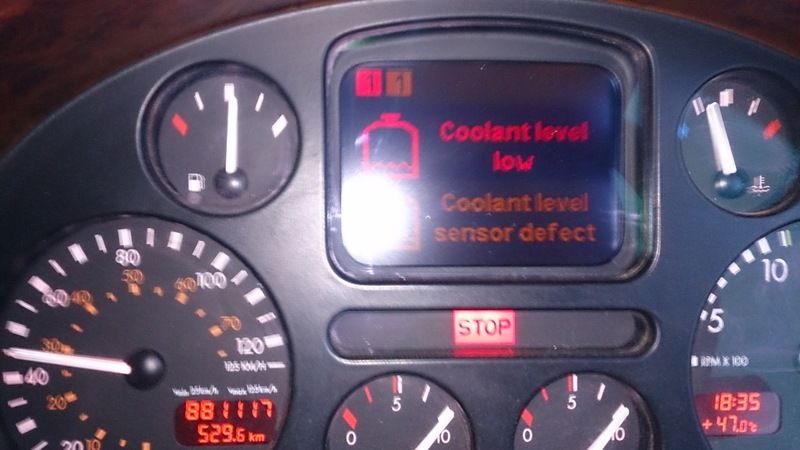Nothing learns you driving like a mature truck.
You become so much more inventive, learn to respect the engine, gearbox, and steering.
It’s easy for a car driver to become a truck driver, as everything is done for them, no thinking about the right gear to keep the engine cool, no thinking about what gear to pull away.
Not even thinking what gear to brake on the engine and keep your brakes cool.
Over the years, the job is dumbed down a lot, most newer drivers cannot think for theirselves.
Many come unstuck when the smallest issues happen, overheated motors etc.
While I believe in new truck and all the new fangeled comforts with them,it takes the driver out of truckdriver, you become more and more a steering wheel attendant, a labourer to load and unload it, pointing it in the right direction and the truck and the office do the thinking.
Two things a guilty for this, first the mobile phones, second no training and working your way up the ranks as there used to be.
When I started there where no mobile phones, and sometimes you phoned twice a week the office, when you where empty, and when you where loaded, sometimes more if the needed to book a ferry or so.
That was it, you was on your own, you and the truck, you learn to respect that truck, as it was the only way to get you checked, and checked it again, and not some half wash walk around check, you knew exectly how much oil there was in the engine, gearbox etc.
You checked the coolant levels ( and not with some sensor, with you own hands and eyes)
You knew you had only so much horses under that bonnet, and threaded carefully.
We did alright with 260 horses around Europe at 40 ton.
You thought it was all a bit much when the 360 F12 came out, nobody needed that much power, and see where we are now.
But they are not any quicker as we did it.
But when you started, you always got the oldest truck, and you had to work your way up, until you deserved a newer one.
Not like now, when a driver green as grass demands the newest truck with a zillion horse power.
But they trained you, and you where not afraid to ask, because somebody would help you.
That is what is missing, the weeks as a trainee, with this older experienced driver, who learned you the ropes, who learned you to double declutch with a stick tapping on the metal dashboard (and on your fingers crushed the box)
Who gave you important lessons in life, and how to stay alive, how to keep warm, and how to fix a truck.
It helped me a lot, I drove nearly any gearbox you can think of, Daf 2000 with a crash box, Hanomag with a crash box and a 2 speed differential, 16 speed ZF knock through box, Scania 80 super 4 over 4, Daf with 2 gear sticks and 3 locking difs (how many handles was that?) and of course I loved my DAF 2800 with Fuller box (as close to a clutch less automatic as you could get that time) all the way to Munich without using the clutch other than to start and stop.
So if you get the change to drive a older truck, enjoy it, learn from it, as it won’t come back ever, even IF Brexit ever happen.
By the way, the I-shift is an unsynchronised gearbox, if you listen when it change down, you can hear the engine blipping, the same as we use to do on the Fuller gearbox.
And No Carryfast the plastic cabins of the ERF and FODENS, don’t come back, neither does the Fuller or Eaton boxes, Rockwell differentials, rope and sheeting.
Nothing to do with the EU, Hitler or the Americans, but all to do moving forward and modernisation.
On the same tone, as we don’t go back to coal fires, gas lamps, water from the pump and toilets outside, even Brexit cannot fix that.
Try to move forward with you time, and no it was not all better in the old times, it was bloody hard, cleaning the little glass diesel filter out on a DAF in the frozen Gail force wind, because there was no winter diesel, cold cabs, split wheel rims, frozen fingers in the winter when sheeting a truck.
It,s much better now, and we should be grateful
